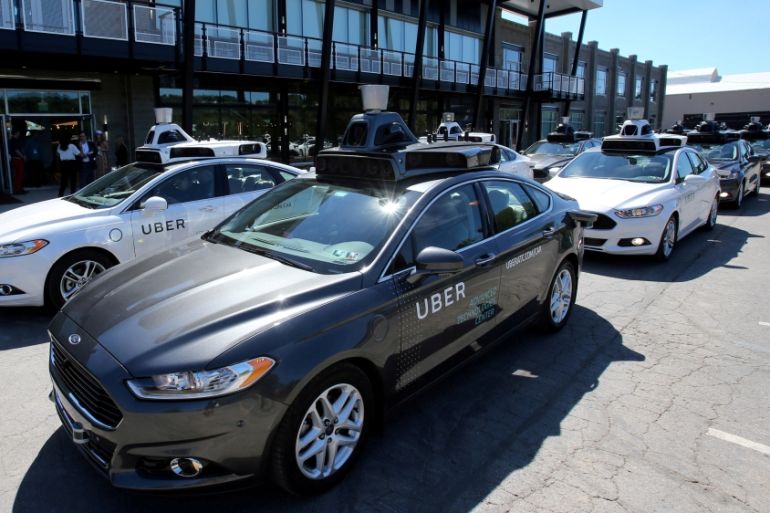Uber exits Southeast Asia after selling operations to rival
Uber offloads services in Southeast Asia to regional rival Grab, with a departure from India possibly in the works.

Uber is selling its Southeast Asia car-hailing and food delivery businesses to its regional rival Grab, a company based in Singapore.
The market spans Indonesia, Malaysia, Singapore, the Philippines, and Myanmar.
Keep reading
list of 4 itemsEcuador weighs security, international arbitration in latest referendum
‘Triple spending’: Zimbabweans bear cost of changing to new ZiG currency
Boeing hit with 32 whistleblower claims, as dead worker’s case reviewed
Under terms of the deal, the San Francisco-based company will get a 27.5 percent stake in Grab. Uber’s CEO Dara Khosrowshahi will also join its board. Grab is currently valued at $6bn.
Southeast Asia is the third market where Uber is halting its international operations. It retreated from China in 2016 after it sold off to rival Didi Chuxing in exchange for a 20 percent stake. Last year, it sold its Russia business to local firm Yandex.
For Grab, the deal will help its meal-delivery service, which will now merge with Uber Eats, and compete with Go-Jek, a dominant player in Indonesia.
Fears have mounted that Uber’s withdrawal from Southeast Asia could result in higher prices.
|
|
Ride-hailing companies throughout Asia have relied heavily on discounts and promotions because of fierce competition, driving down profits and increasing pressure for consolidation.
Uber is preparing a potential initial public offering in 2019, but last year it lost $4.5bn as it underwent a fundamental shake-up following a harassment scandal.
India retreat?
The deal with Grab prompts questions about a similar departure of Uber from India, where it is battling with the car-hailing company Ola.
After the latest merger, Uber’s Asian market now only includes South Korea, Japan and India and in all those it is facing tough competition.
In India, the market is extremely tough and costly, and rivals have heavily subsidised rides in an effort to gain market share. Uber’s estimated share in the market is close to 60 percent.